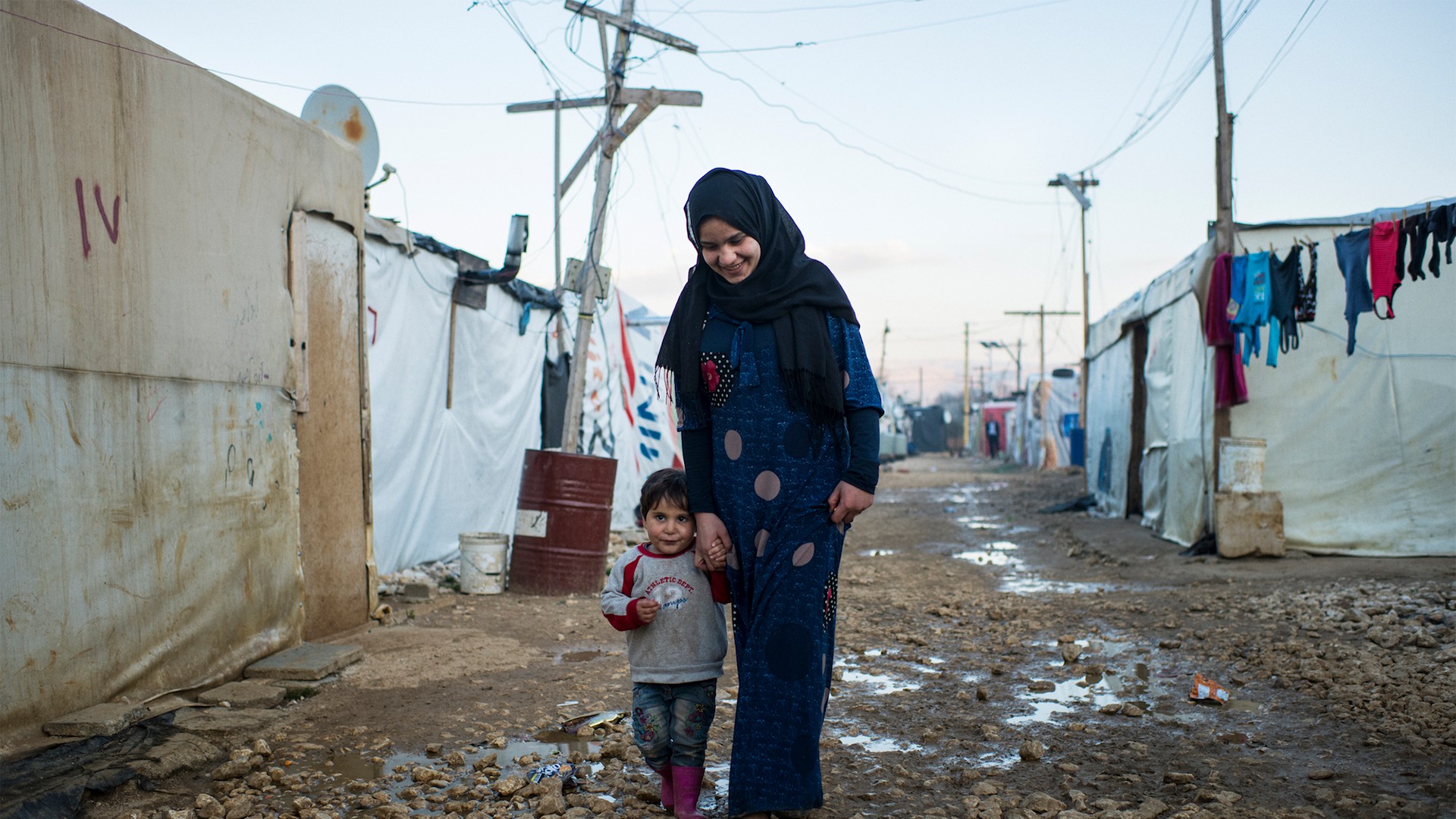Image: Mike Hughes
VICE's column asking drug dealers not just what they're selling, but how they're doing.
Jawara: Hey brother, nice to see you. What do you sell?
Mostly weed – that’s what people come here for, but if someone asks for speed, coke or pills, I have that too.
Advertisement
During the pandemic, without tourists around, it took a lot longer to sell my supplies. But I see my friends out here and we chill together. I still have people to sell to, mostly foreigners or people from out of town. Do you make a lot of money?
What’s a lot? I have enough for myself and my family. I have a kid. I have enough to buy some nice clothes, but I’m not getting rich out here. At the moment, with the tourists gone, I’m lucky to make €200 [£170] profit on a good day. Do you have problems with the police?
Well, you have to be careful around here. Sometimes they take your stuff, and they don’t take your name – they just put it in their pocket and go.Where are you from?
I’m from Gambia, surrounded by the Atlantic Ocean. I had a normal growing up, not so bad. I left Gambia when I was a teenager. I’m from the Soninke tribe, but I consider myself a citizen of the world. I’m family with everyone. If we have the same way of thinking and we can come together, we’re alright – I don’t care about your nationality or your tribe. Why did you want to leave?
In Gambia, we have a mentality: everyone wants to travel. “I want to go to Europe, I want to go to America.” Everyone sees their brothers going and being successful and thinks about leaving, without knowing what they have in front of them.
Advertisement
Crossing the Sahara – that was terrible, bro. It was a long journey, it took four months. We went in pickup trucks, standing on the back. If you fall, no one is gonna stop to pick you up – you’re dead. The drivers were Arabs. I passed through Senegal, to Mali, then Niger, then Libya, Italy, Switzerland and Germany. It was an experience. Every country I passed through I saw something I never saw before. Gambia to Libya was fast, like three weeks. Then I got arrested. At this time, Libya had no police or army. These people were rebels, just working for their pockets. They kidnapped us. I was locked up in Libya for three months, until my family paid 5,500 dinar [£1,100] in ransom money. I even lost some friends there, it was terrible. You can’t imagine. It was not the civil war yet, but it was still a state of war. It wasn’t safe.We all hope for a better life when we come here, but you get disappointed, because the European people think that when you’re African and when you come here you should prove yourself. Why should we have to? Do you still think about the journey?
Sometimes you think about it, because you have a friend who didn’t make it. Some of them died on the way. Friends from back home, from the same neighbourhood. We would eat together, like family.
What was it like waiting to hear about your asylum?
I was living clean, not on the street, getting some money from the government, living in an Asylheim [accommodation for asylum seekers] in Karlsruhe. It was OK. Karlsruhe is nice, but it’s not multicultural like Berlin.
Advertisement
They said no to my asylum. I had to get a lawyer, which was kind of sticky. After two weeks they told me to bring my passport and they’d send me home, so I just left. That’s how I came to Berlin. I had to do it. Now, I don’t get anything from the government. Everything I have, I worked for myself. I work and pay for where I live, what I eat.

Everyone coming here has a talent, but they don’t give us a chance to exploit that. My talent? I’m a car mechanic, I’m good with cars. But they judge you based on your country. No one wants to be on the street. We all deserve to have a normal job, live a normal life. When I first came to Berlin, I did not want to steal, so I came to the street to hustle and bustle. Many people who are hustling on the street, if they had good support, a place to live, help to go to school and find a home, you’re not gonna see them on the street anymore. What’s your relationship like with the other guys on the street?
There’s no rivalry between us [the Africans], but the Arab guys don’t like us, they’re the ones who fight us here in Kreuzberg. They’re always trying to bring us down. But we are badder than them. They’re just jealous – that’s what I see. They have a big network though. Do you work independently or as part of a network?
Me, I just hustle for myself. With the Arabs, they have a network, but for us it doesn’t work like that. We buy our stuff, we sell it, I take my profit and go. How do you see the future?
Just living here without being in the system, every day is stressful. Every day you have to work and survive. The Black boy from Africa doesn’t have a chance, even compared to Syrians. But our colour will never change – that’s something we’re always going to have. Anyway, it’s time to hustle and bustle, I gotta go.